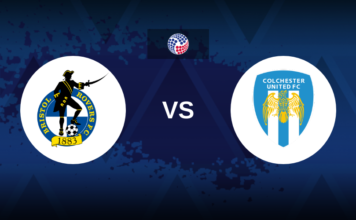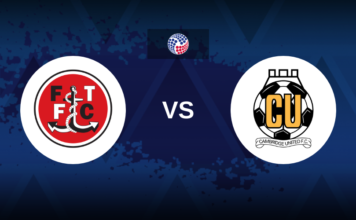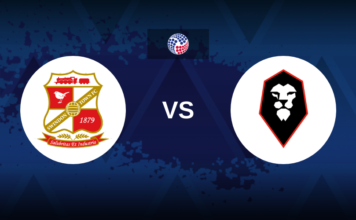What’s the 50+1 rule and how does it effect the Bundesliga clubs?
When discussing the remarkable fan culture in the Bundesliga, one often comes across references to the “50+1 rule.” This rule plays a crucial role in maintaining affordable ticket prices, vibrant stadium atmospheres, and clubs that prioritize their supporters.
In this article, we will delve into the details of the 50+1 rule, its implications, and the exceptions that exist within German football.
The Origins and Purpose of the 50+1 Rule
The 50+1 rule was introduced in 1998 as a means of preserving the influence of fans and member associations in German football clubs. Prior to this rule, clubs were not-for-profit organizations operated entirely by member associations. Sporting directors and staff were elected by members, allowing them to have a say in the club’s operations.
This structure ensured that private ownership of clubs was strictly prohibited, preventing foreign billionaires from taking over and imposing their financial dominance. By safeguarding the interests of the fans, the 50+1 rule aimed to maintain the balance and integrity of German football.
How the 50+1 Rule Works
To compete in the Bundesliga, a club must have a majority ownership by its members. This means that the club’s voting rights must be held by the members, with the majority ownership consisting of 50 shares plus one additional share.
Commercial investors holding more than a 49% stake are not allowed to participate in the Bundesliga, with a few exceptions. The 50+1 rule ensures that decisions within the club are made by the members, emphasizing fan involvement and preventing clubs from being solely profit-driven.
Exceptions to the 50+1 Rule
While the 50+1 rule prohibits commercial investors from having majority control over clubs, there are a few exceptions. Clubs with a long-standing history of investment by a particular individual or company can apply for majority control.
For instance, Bayer Leverkusen and VfL Wolfsburg were founded by Bayer and Volkswagen employees, respectively, leading to exemptions from the rule. Another example is Hoffenheim, where software entrepreneur Dr. Hopp received a majority stake after investing in the club for over two decades.
How RB Leipzig get around 50+1 rule?
RB Leipzig’s ownership structure has raised eyebrows and stirred controversy due to its ability to sidestep the 50+1 rule. The club, originally known as SSV Markranstädt, was acquired by Red Bull in 2010. To comply with regulations prohibiting sponsor names in club titles, the club was renamed RasenBallsport Leipzig, often abbreviated as RB Leipzig.
RB Leipzig’s approach to bypassing the 50+1 rule involves maintaining a limited number of voting members while charging exorbitant membership fees.
While clubs like Borussia Dortmund charge an affordable annual fee for voting membership, RB Leipzig’s membership fees reach approximately 1,000 euros. As a result, critics argue that RB Leipzig’s small number of members, originally 17, were closely aligned with Red Bull’s interests, leading to a perceived disregard for the essence of fan representation and fan culture the 50+1 rule was intended to protect.







